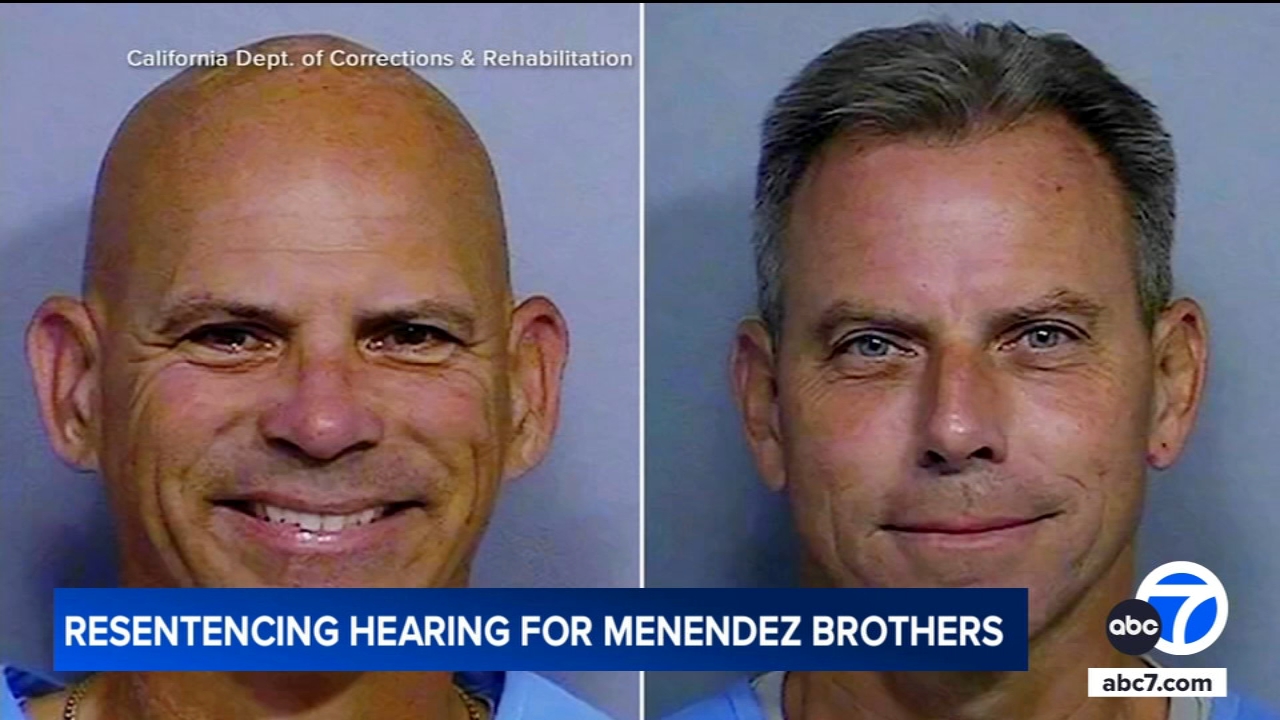Rise in violent crime, overdose deaths on Metro system pushes LAPD to re-think safety strategies
21 people have died on trains and buses in the L.A. Metro system this year, most from apparent drug overdoses.

LOS ANGELES (KABC) -- There's good news and bad news when it comes to the Los Angeles Metro system.
The good news is that ridership is back up following the pandemic. The bad news is that 21 people have died on trains and buses in the Metro system this year, most from apparent drug overdoses.
That's the total number of people who died on L.A.'s transportation system all of last year.
Combine that with the news of the number of violent crimes reported by the Los Angeles Police Department was three per 1 million riders in 2018, but in 2022, that number jumped to nearly 5 per 1 million riders.
Now, there's real fear that due to safety concerns, ridership numbers are threatened once again.
"The 98 violent crimes that have occurred in that same time is far too many," said LAPD Chief Michel Moore during an interview with Eyewitness News. "The environment, operating practices by MTA, as well as operating strategies by the department, has had to respond and change in order to deal with criminal element, public disorder, instances that undermine that sense of safety. Most recently in MacArthur Park, there are reports regarding the open intoxication, people who are under the influence of some type of drug, and even dying on the line as a result of those overdoses, that we need to do a better job of ensuring that people that are on the line, and on the platforms, are not in that condition."
LAPD along with the sheriff department's contracts with Metro expire in June, and some believe more armed officers is not the answer to making riders feel safe. Earlier this month, Metro introduced a new ambassador program trained to track and report concerns relating to service, maintenance, and safety.
Moore said he hopes LAPD's contract is renewed but said he supports the calls for an unarmed response unit and more non-police resources for the unhoused who may seek shelter on the transit system.
Earlier this month, the union representing LAPD officers submitted a proposal to the city council for an unarmed response unit that would take over 28 service calls currently handed by police.
"The league has dismissed a misnomer that law enforcement is somehow opposed, that we are trying to protect our turf, and are somehow opposed to other agencies ... quite the contrary," said Moore.
But the chief said he doesn't agree with all the league's suggestions, as non-violent situations can turn violent very quickly. Landlord-tenant disputes are an example of a call Moore thinks the LAPD should still be the first to respond to.
"The worst thing that can happen to our alternative response proposals is that it results in the death or serious injury of the individual who is unarmed, who's in that role, and who are you going to attract to do that role? So, this is too critical for us to do it in some willy-nilly fashion," he said.
Moore believes in reforming LAPD, but said you can change the way we police without being anti-police.
One of the biggest challenges facing the department is staffing. The number of police officers on LAPD's payroll as of 2023 is 13% lower than where it was in 2018.
"We have just under 200 personnel in the academy today and we should have about just over 300," said Moore. "It's not just the recruitment. It's also the retention of the personnel that we have. We've seen a heightened increase number of people leave early where we would normally lose 500, 510 officers, we're losing well over 600. Year after year of that. That's hundreds of additional officers we would otherwise have on the job."
Moore is hopeful that L.A. Mayor Karen Bass' budget - which she slated to release next month - will help the LAPD's staffing get closer to where it was in the pre-pandemic days.
In addition to unarmed responders who aren't police officers, Moore said we can also better utilize technology to de-escalate situations and most importantly, protect lives.
However, the LAPD's proposal of a robot dog has been met with fierce opposition. At a recent city council meeting, the council decided to put off the vote for 60 days.
"In the absence of that robot, it requires a police officer, it requires a human being, and we have seen and we have lost officers because those encounters result in deadly encounters," said Moore. "I'm discouraged there's a misinformation campaign vilifying nothing more than a piece of technology that doesn't do facial recognition. It's not a spy. It's not sitting there that could be co-opted by some super-power. It is a little more than a tool taking advantage of modern technology and it's advances to save lives."












